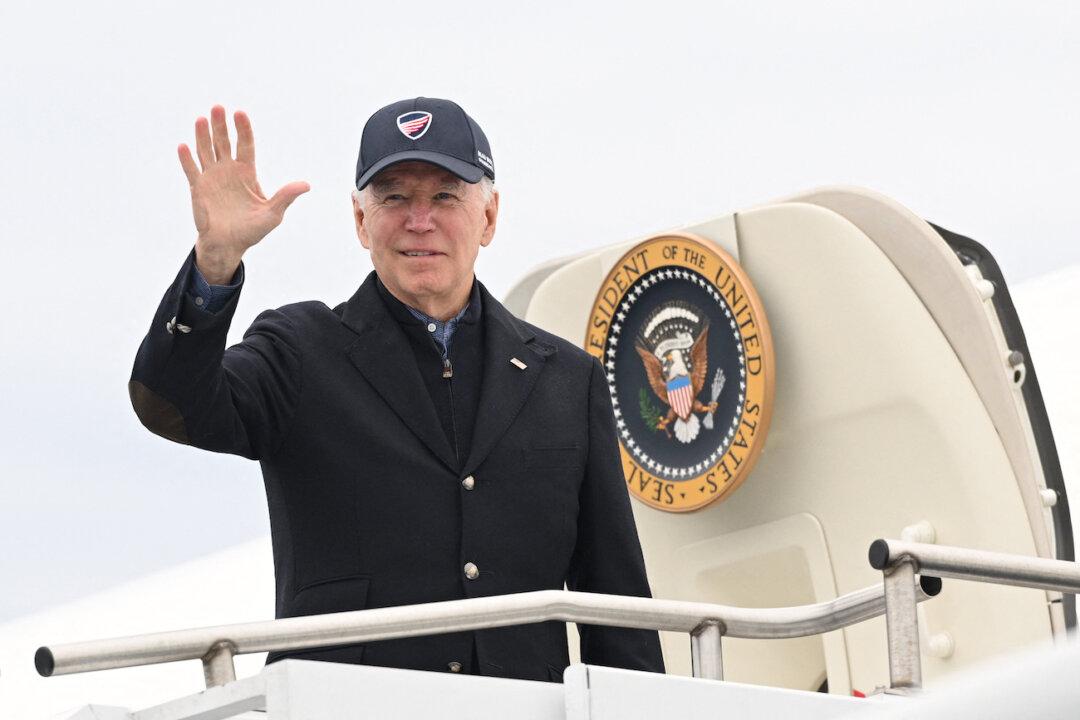President Joe Biden on Monday urged Congress to pass legislation to immediately adopt the tentative agreement between railroad workers and operators in an effort to avert a “potentially crippling national rail shutdown” that is set to start in less than two weeks.
A potential strike on Dec. 9 could bring rail travel to a standstill while impacting the U.S. supply chain and inflicting billions of dollars in economic damage, officials have warned.




